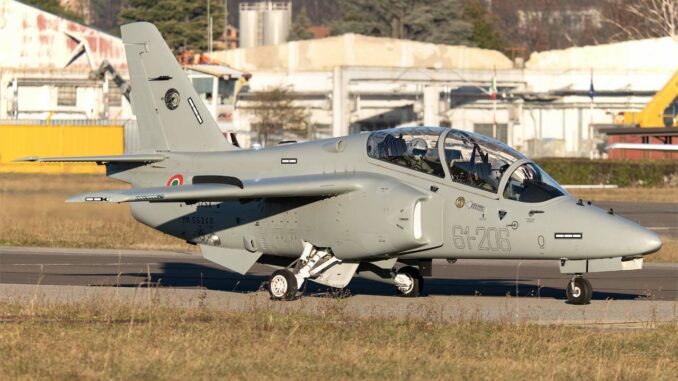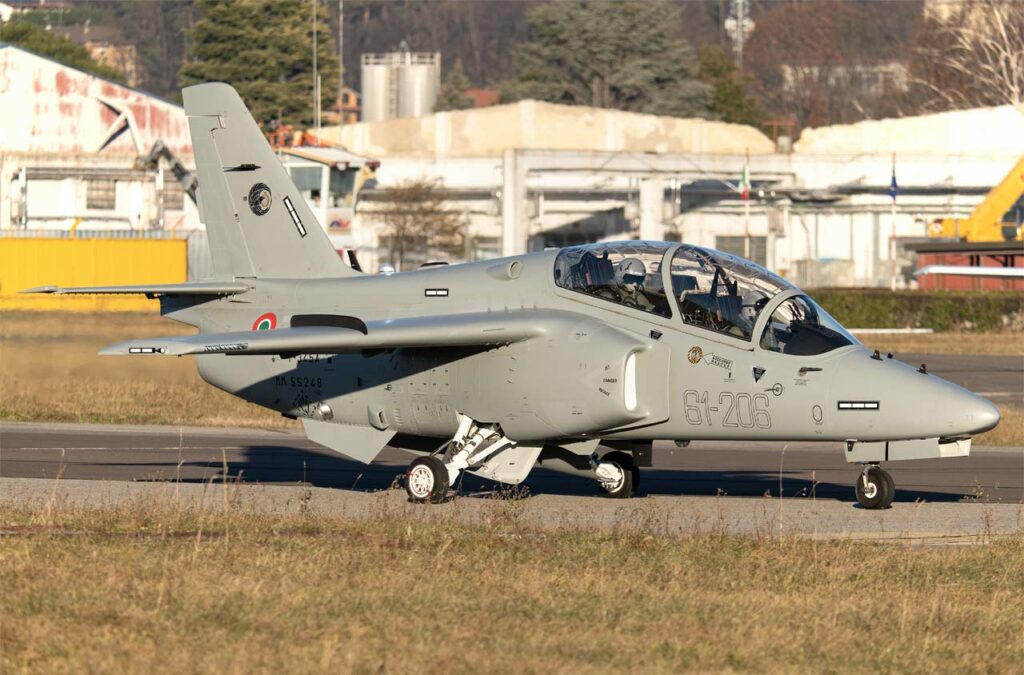
Roberto Cingolani calls for reform of the EU defense industry, favoring unity over fragmentation to strengthen continental security.
Towards a Unified European Defense Industry
Roberto Cingolani, head of Leonardo, the Italian aerospace and defense company, calls for an overhaul of the European defense industry, currently fragmented by member states’ focus on their national champions. Cingolani argues that the war in Ukraine has revealed the shortcomings of this fragmented system, underlining the urgent need for greater collaboration between European companies. He insists that a multitude of companies investing in different platforms dilutes the average investment, making European programs inferior to those in the USA.
The proposal to create continental champions instead of national champions could involve a partial sacrifice of national sovereignty in favor of a more robust, united defense. This includes rationalizing investment in joint projects, such as the Franco-German initiative to develop a new generation of tanks, and further integrating innovative projects such as the Global Combat Air Programme, a partnership between Italy, Japan and the UK.
Cingolani also criticizes the EU’s stringent regulations, including anti-trust and state aid rules, which he believes limit the ability of defense companies to innovate and develop effectively. He advocates a revision of these regulations to enable a more effective concentration of effort and resources within the EU.

Implications of a Consolidated European Defense
The reform proposed by Cingolani would have far-reaching implications for European security and the economy. Firstly, a more unified and consolidated defense industry would strengthen the EU’s ability to respond in a coordinated and powerful way to external threats, by improving the interoperability and standardization of military equipment. It would also generate significant economies of scale, reducing overall costs and increasing the efficiency of defense spending.
Secondly, a consolidated industry could stimulate technological innovation by focusing investment on fewer but more ambitious projects. This could put the EU in a better position to compete with the defense programs of other major powers, notably the USA and China. Consolidation could also encourage greater cooperation in research and development, sharing knowledge and skills across borders to create cutting-edge technologies.
In economic terms, a stronger, more unified defense industry could act as a catalyst for the European economy, creating jobs and stimulating growth in high-value-added sectors. However, this would imply significant changes in the way member states approach their defense sovereignty and the management of their national industries, which could meet with political and cultural resistance.
The success of such an undertaking will also depend on the EU’s ability to overcome organizational challenges and maintain a coherent strategic vision for defense. The balance between national interests and common European objectives will need to be carefully managed to ensure lasting commitment and cooperation between member states.
Reform of the European defense industry is a pressing necessity, highlighted by contemporary strategic and security challenges. Roberto Cingolani’s call for greater consolidation and collaboration could well define the future of Europe’s security and prosperity.